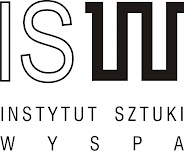Monday, September 1, 2008
Fundraisng break
Sorry, we are a bit busy with fundraising for the continuation of the project but new content is to be uploded soon.
Saturday, June 28, 2008
Tuesday, June 24, 2008
Saholeke Street in Sulaimany
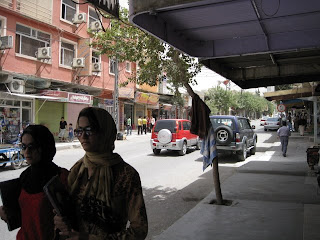



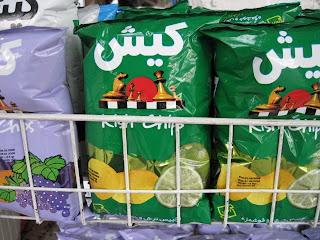
Estrangement enjoyed Saholeke [Ice] Street, though the temperature was far from that of ice.
Busy, full of shops, teahouses and restaurants is one of the major merchant areas of the city. Also our favourite teahouse "Public" is here. Over mango smoothie we discussed how to translate the situation of the street and numerous encounters on our way to the nature of our workshop.
Sunday, June 22, 2008
Shaáb Teahouse in Suli





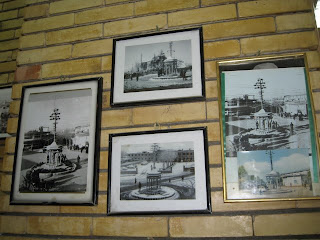
Shaáb Teahouse is one of the Sulaimany most legendary places. Established in 1950s by Wasta Shareef under the name meaning "Public", remains until now the leading but casual and friendly meeting place for intellectuals and artists from the city, filled with books and images. Recently the site is being run by the founder's sons Omar and Baker, who can be seen in the second picture from the top. It was grat to meet him. Estrangement will come back there!
Saman Kareem and Sazgar Abu Baker worked with kids
Friday, June 20, 2008
on hidden, denied, sacrifice and courage




Back to Aram Gallery we were debating ethics on the backdrop of historic event, having as a point of departure two movies. First is Andrzej Wajda's "Man of Iron" [1981], tle legendary motion picture that build international image of Polish "Solidarnosc" [Solidarity] movement. Wajda depicts idealist social movement born country wide and helped to end communist rule in Central and Eastern Europe. Nearly exactly at the moment of its birth Wajda and the script author Aleksander Scibor-Rylski draw psychological sketches of those who were to undertake their decissions to support dissidents and the movement and those who regardless of all doubts submitted to the regime. In the center of movie's attention are two TV journalists who under the pressure of political events decided differently about ethics of their work and about the prices paid for that.
The other movie referred to was "Hidden" by Michael Haneke. Portraying closely parisian middle-class family of George, an influential TV moderator. Haneke puts important historic event that decades later ended integrity in the family, far away from our eye. It is a set of small personal decissions, envy and childish selfishness that ends chances of orphaned Algerian boy chances to live better life when George was himself a child. Majid lost his parents along with the deaths of 200 Algerians drowned in the River Seine during the clashes with the police on 17 October 1961. The dramatic and shameful moment in French history almost never spoken about in the country and failed to be properly covered by the media. In Haneke's movie it is been revealed as a a secret of the family life. It is not George's job that is in the center of attention, but his inability to admit and carry on the guilt for Majid being rejected from adoption and for his current sudden suicidal death.
So the trajectories of the movies are opposite. One of them panoramic, epic, incrusted with psychologic miniatures. The latter screen-wide analysis of the disruption of the faced of happy family life by lies and mistrust with never admitted piece if history in the background. In both movies though it is personal choice and responsibility that actually does make history.
Discussing the movies we have spoken about ethics, duties of public intellectual including the artist.
Amna Suraka
 Estrangement Project participants and team met on the premise of Amna Suraka in Sulaimany, Red Security Building from the time of Saddam. Today it remains a site of memory and several culture and art organizations, such as war crimes museum, cabinet of curiosities and contemporary art exhibition space.
Estrangement Project participants and team met on the premise of Amna Suraka in Sulaimany, Red Security Building from the time of Saddam. Today it remains a site of memory and several culture and art organizations, such as war crimes museum, cabinet of curiosities and contemporary art exhibition space.Here we discussed the evaporation of political issues from Kurdish contemporary art, urgencies of embracing memory and history issues and relation between esthetics and politics.
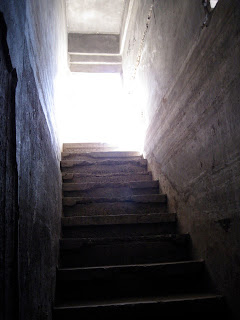


Thursday, June 19, 2008
Subscribe to:
Comments (Atom)



































